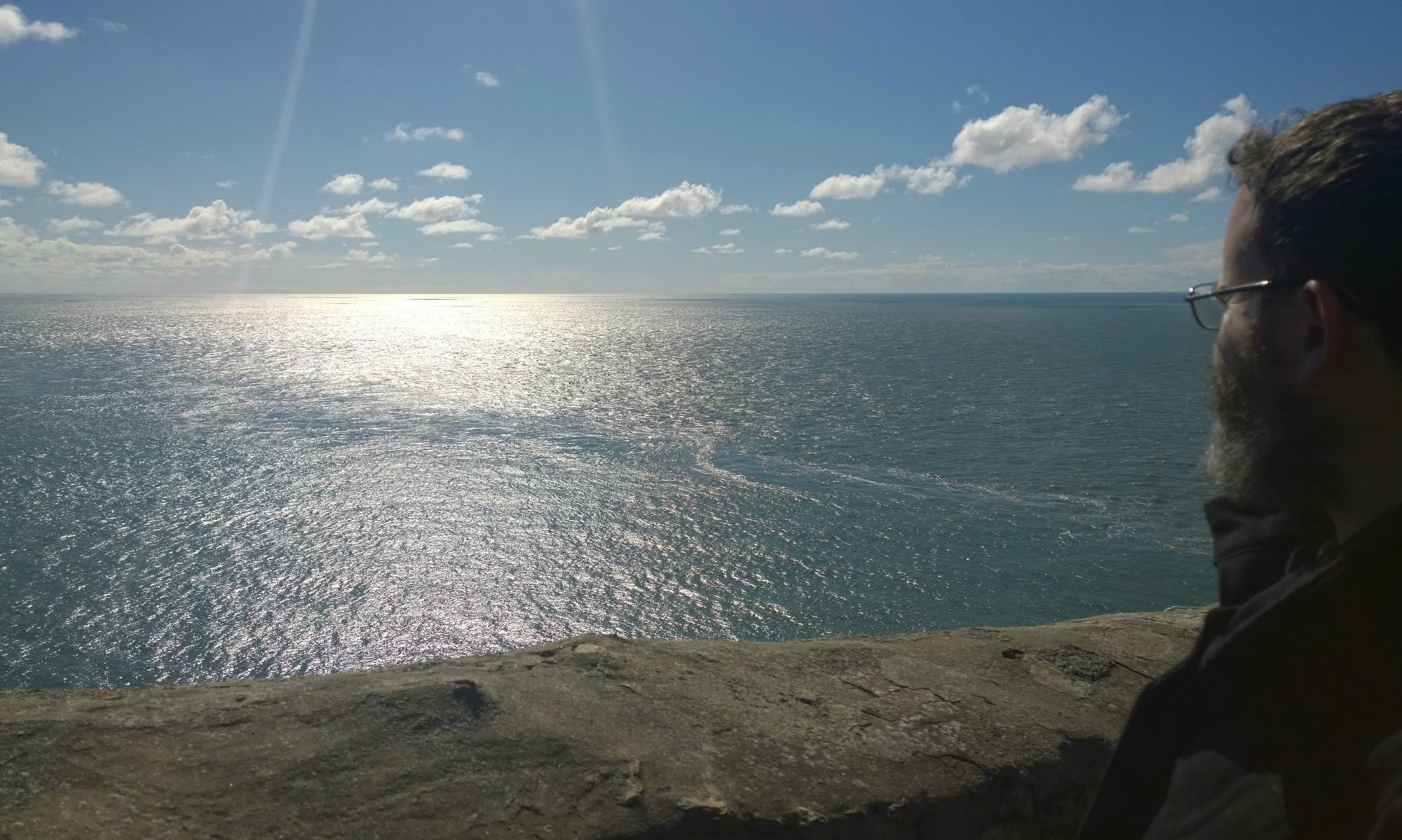When prophet Muhammad (pbuh) died he didn’t specify how leaders should be selected and governments should be formed after him. The only principle that was mentioned in the Qur’an and which was demonstrated thoughout the prophet’s life is that decisions of the believers are made through their mutual consultation.
42:38 … their decisions are (only by) their mutual consultation
Within this process it may be that the believers have no disagreement about a particular decision or time for discussions may be limited by the need to reach a quick decision. Yet still, to be a valid decision there needs to be some kind of consultation exercise.
Democracy is a system of government that (at least in the UK) embodies the principle that decisions are reached by discussion – and not by violence. This reflects the core principle of Islamic decision making. What it does not reflect is that often a government such as the UK can make decisions that affect people far from the decision making process.
The shurah principle emphasises participation of people in the relevant dicsussions about decisions that affect them. The ability to have these discussions requires establishing essential freedoms from threats due to opinions not being liked.
The attitude of liberality and open consultation was core to prophet Muhammad (pbuh) and not just in times of peace. He was criticised for being too gentle and being all ear (9:61) and he is instucted to listen to everyone even in the middle of existential security threats as here refering to the battle of Uhud:
3:159 It is part of the Mercy of God that thou dost deal gently with them Wert thou severe or harsh-hearted, they would have broken away from about thee: so pass over (Their faults), and ask for (God’s) forgiveness for them; and consult them in your decisions. Then, when thou hast Taken a decision put thy trust in God. For God loves those who put their trust (in Him).
Shariah has been historically based far too much on jurists using precedent and individual reasoning applying different traditional methods to answer questions about how to interpret the revealed guidance into laws. Although their reasoning is valuable, the fact remains that where Allah is silent on an issue, or where the evidence leaves room for may interpretations, then the principle is that it is permissible for the community to reach any decision on it for whatever reasons they come up with. Then when opinions change they are free to change that decision. Tradition and precedent provide a mechanism to find default rulings when there is no functioning political process to reach the necessary decisions, but it is a poor and contentious one. It is far better to have a real participatory process of mutual consultation for reaching political decisions.
The emphasis in the principle of “their decisions are their mutual consultations” means that no group imposes their opinions on another. This forbids the excesses of imperial rule but also forbids the way in which republics tie the hands of future generations to the opinions of their ancestors.
Democratic rule is only truly democratic if it can change all the rules. But the ability to change the rules itself needs some rules not to change. A free debate must be possible of what changes could be made. The freedom to make your opinion known and to be heard is essential to that debate. If there is a republican constitution appropriate in Islam it should only be a recognition of the right of all people to participate in the discussions and to organise themselves around their beliefs and opinions free from fear of coercion by others to change them.
